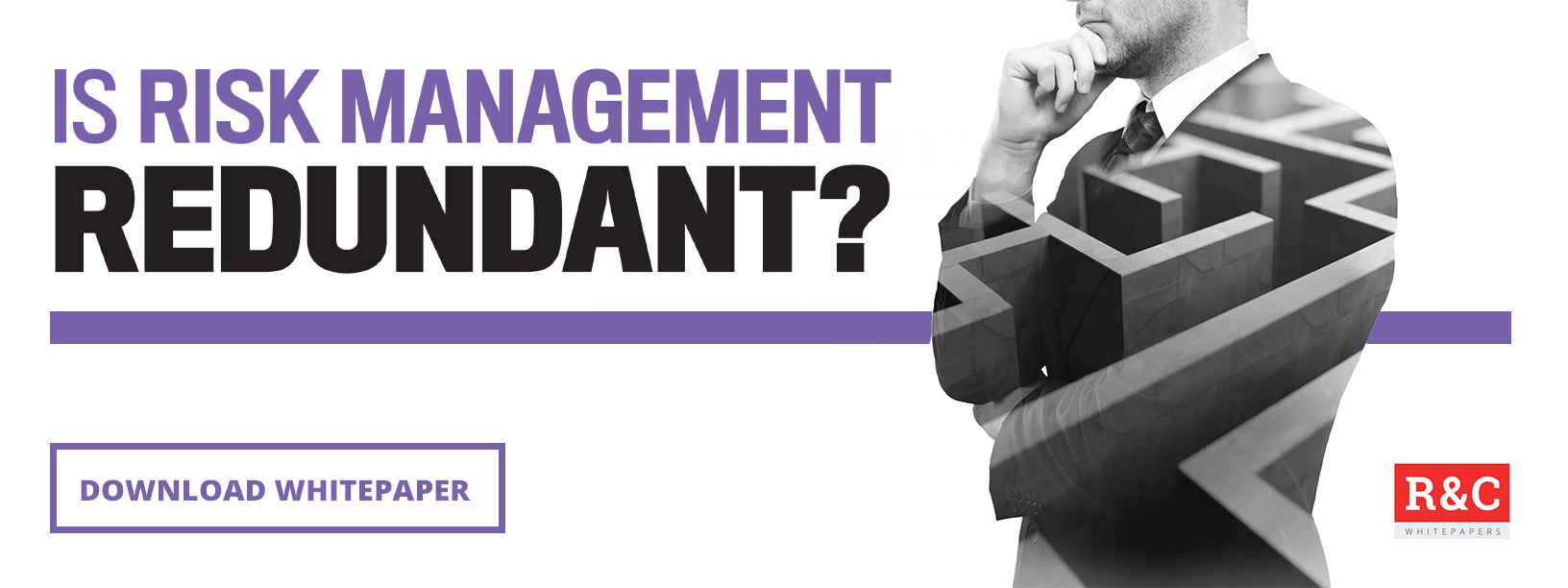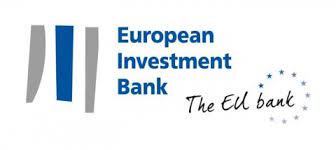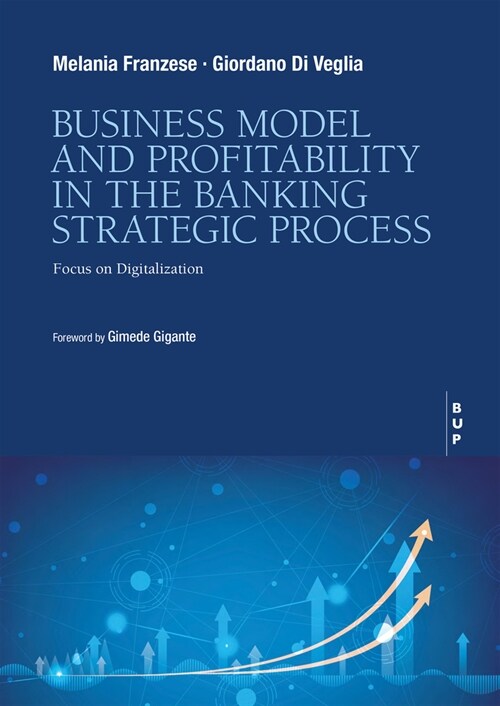by Saeed Patel
The Credit Suisse banking debacle continues to make headlines. While some are now suggesting that the market is calming, only time will tell if this is the calm before another storm. UBS has agreed to pick up the tab for Credit Suisse to the tune of $3.2 billion. However, the fall of Credit Suisse, a bank founded in 1856, has left ripples of fear, uncertainty, and doubt across the banking sector and beyond. Here is a look at the backstory of Credit Suisse and the demise of this once giant in the banking sector. This is a tale of scandal, fraud, poor risk management, and bad decisions. The fall of Credit Suisse has been a long time coming, as a history of scandals has plagued the bank. One of the possible drivers of this is that Swiss banks are typically associated with privacy because of the stringent banking secrecy laws in the country. As such, Swiss banks have historically been chosen by specific individuals and organisations to protect financial transactions and, in some cases, avoid taxation in their own country. Continue reading…














